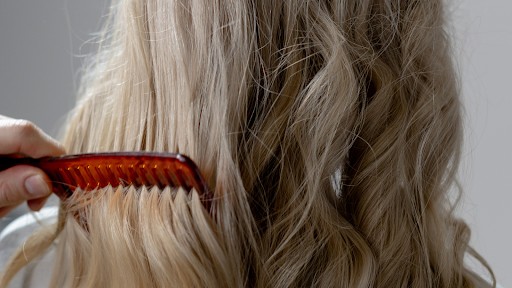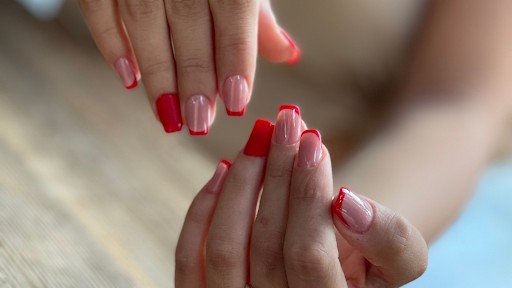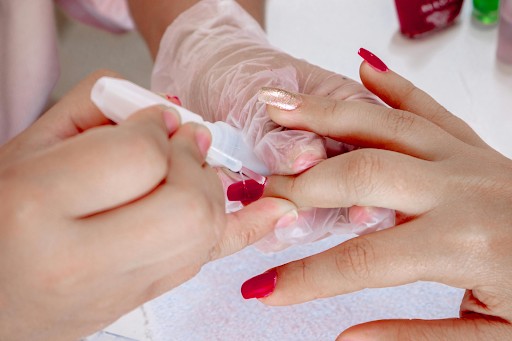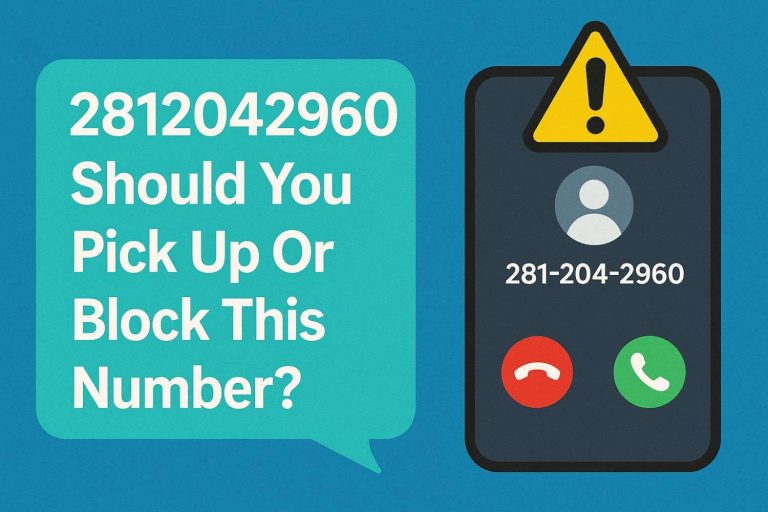Let’s be real for a second—who doesn’t love that fresh-out-of-the-ocean, beachy texture that sea salt spray gives your hair? It’s one of those styling products that promises effortless volume and texture, making you look like you just spent the day lounging by the waves. But, as someone who’s had my fair share of love-hate relationships with beauty products, I’ve learned that not everything that’s good for your look is always great for your hair in the long run. The big question on my mind: Does sea salt spray damage hair? Turns out, like most beauty products, there’s a balance between benefit and risk, and it’s all about how you use it. Keep reading to find out the full scoop on how sea salt spray affects your hair and how to use it without compromising your locks.
Does Sea Salt Spray Cause Hair Loss?
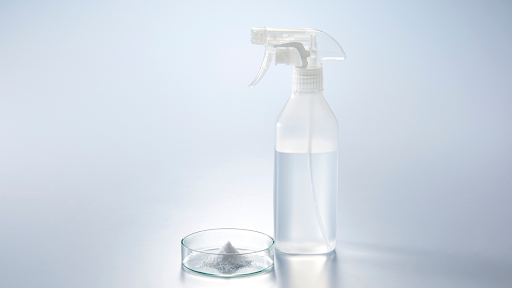
I know, this is a scary thought. But, before you panic and ditch your sea salt spray forever, let me break it down for you. First things first, sea salt spray won’t directly cause hair loss. However, frequent use without proper care can lead to issues that may indirectly affect hair growth. Here’s why:
Dehydration: Sea salt in the spray pulls moisture from your hair, leaving it dry and brittle. This, over time, can weaken the hair shaft, causing breakage. While this isn’t exactly hair loss (since you’re not losing hair follicles), it might look like thinning hair, especially if breakage happens at the roots.
Mitigation Tip: Don’t overdo it. Use sea salt spray 2-3 times a week, and always follow up with a nourishing moisturizer or deep conditioner to keep your strands strong and hydrated.
Is Sea Salt Spray Okay for Your Hair?
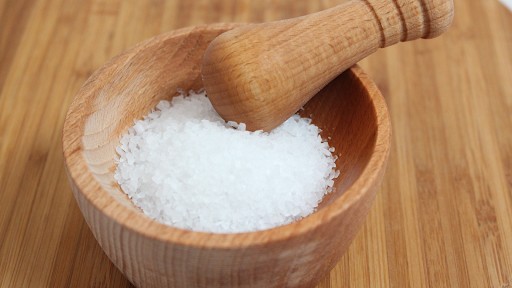
Now, here’s the good news: Yes, sea salt spray can be safe for your hair when used correctly. It adds texture, volume, and that gorgeous beachy wave look without the need for a curling iron. But the trick is to use it the right way.
Here’s what you need to keep in mind when incorporating sea salt spray into your routine:
Dryness and Frizz: The salt can leave your hair dry, and dry hair is more prone to frizz—especially when humidity comes into play. This is one of the most common complaints I hear from people who use sea salt spray too often. The salt can also make color-treated hair fade quicker because it loosens the cuticle, allowing color to escape more easily.
Mitigation Tip: If you’re concerned about frizz or dryness, apply a hydrating leave-in conditioner or an anti-frizz serum. Also, use a sea salt spray that’s formulated with added moisturizers to balance out the drying effects of the salt.
Scalp Sensitivity: If you have a sensitive scalp, the salt in sea salt spray could lead to irritation. Some people also report that it can cause itching or flaking, especially if they already have a dry scalp.
Mitigation Tip: If your scalp is on the sensitive side, test a small amount of sea salt spray on a small section of your hair before going all in. If irritation occurs, discontinue use and consult a dermatologist for advice.
How to Use Sea Salt Spray Without Damaging Your Hair

Now that you know the risks, let’s talk about how to get the most out of your sea salt spray while keeping your hair healthy and happy.
- Limit Your Usage: While I love the look of beachy waves, I don’t use sea salt spray every day. Aim for 2-3 times a week, depending on your hair type. Overusing the product can lead to unnecessary dryness, and that’s not a look anyone wants.
- Apply to Damp Hair: For the best texture and to minimize damage, apply sea salt spray to damp hair rather than dry hair. It helps the product distribute more evenly and prevents over-drying.
- Focus on Mid-Lengths to Ends: The ends of your hair need texture more than your scalp, so focus the spray on the lengths and ends rather than the roots. This will give you volume and waves without over-drying your scalp.
- Hydrate Your Hair: Incorporate a moisturizing shampoo, conditioner, and weekly hair masks into your routine. These will help replenish the moisture that the salt may strip away.
- Clarify Regularly: If you’re a fan of sea salt spray, you’ll want to keep your scalp and hair free of product build-up. Use a clarifying shampoo every few weeks to remove any residue that could weigh your hair down or make it greasy.
FAQ: Your Burning Questions About Sea Salt Spray
Q: Can sea salt spray cause hair loss?
A: Sea salt spray doesn’t directly cause hair loss, but it can contribute to dryness and breakage if used too often. The dryness might make your hair look thinner, especially if you’re experiencing breakage at the ends. To prevent this, use the spray in moderation and ensure you’re hydrating your hair regularly.
Q: How can I avoid frizz when using sea salt spray?
A: To reduce frizz, pair your sea salt spray with an anti-frizz serum or leave-in conditioner. The sea salt can absorb moisture from the air, which leads to frizz, but hydrating products will help maintain smoothness. Also, avoid over-applying the spray to your hair—less is more when it comes to this texturizer.
Q: Does sea salt spray fade color-treated hair?
A: Yes, the salt can loosen the cuticle of your hair, causing color-treated hair to fade more quickly. To prevent this, choose a sea salt spray that’s designed for color-treated hair and use it sparingly. You can also apply it only to the roots or mid-lengths rather than the ends to minimize exposure.
Q: Is there an alternative to sea salt spray?
A: Absolutely! If you’re concerned about the drying effects of sea salt, you can try texturizing sprays that don’t contain salt. Look for products with ingredients like aloe vera or coconut oil, which hydrate the hair while adding volume and texture.
The Final Word: Keep It Light, Keep It Right
In the end, sea salt spray is like that one friend who’s always up for an adventure—fun and exciting, but you’ve got to keep things in balance.
As long as you’re using it sparingly and keeping your hair hydrated, you can enjoy the beachy texture without sacrificing your hair health.
So, here’s my tip: Don’t be afraid to rock that effortless wave look, but be mindful of your hair’s needs. Treat your locks with the love and hydration they deserve, and you’ll keep your strands looking fabulous. Now, go ahead and give your hair that sun-kissed, beachy vibe—just be sure to protect those precious strands while you’re at it!






